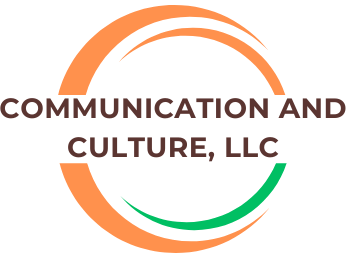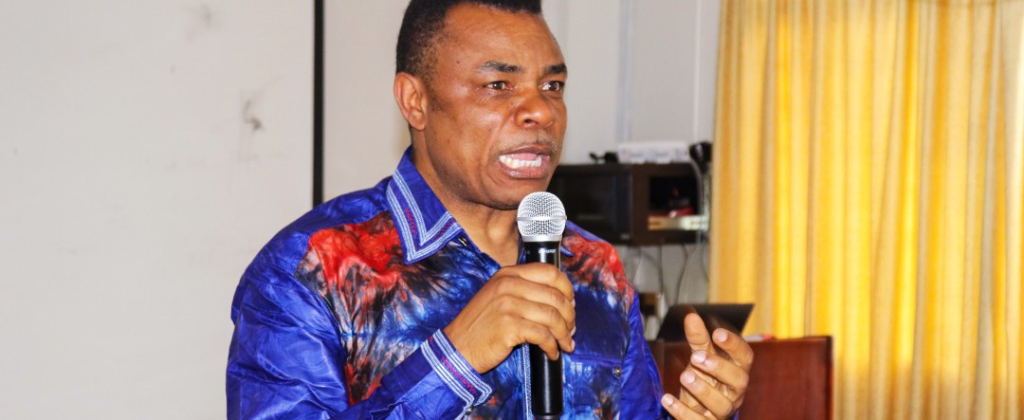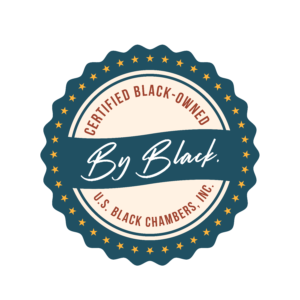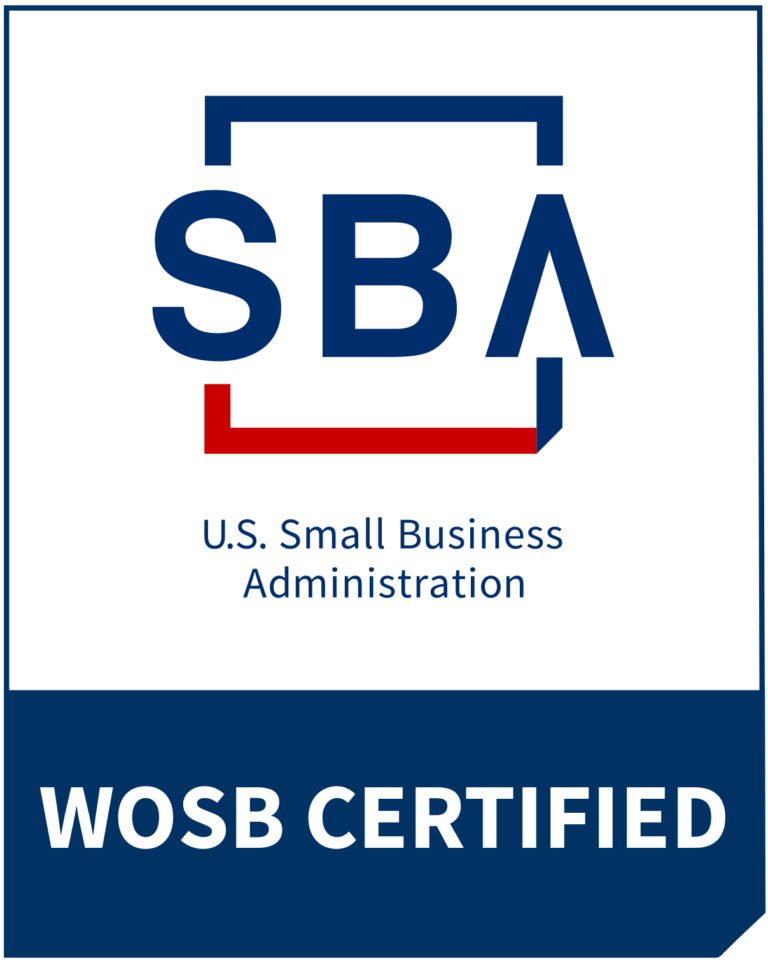My best friend and doctoral cohort Quazi Ahmed once told me that I wrote from the male perspective. Years later she asked, “Why didn’t you stay on tenure track? You were a good writer and researcher.” I wanted to respond: “You told me to find my voice.”
My doctoral advisor was brilliant. Many people didn’t know this. I took the time to read everything he wrote. This included his early papers, books, unfinished manuscripts, his students’ work. He said little in class, but the few words made an impact. When he thought my work was well-researched and well thought out, he complimented me. When it wasn’t he held me accountable for my ideas, limited thinking, and academic laziness. It made me want to do better.
Still when I wrote, it wasn’t my voice. I was writing in the voice of a middle aged, African male. The voice of my advisor and his students. I still hadn’t found my voice. I taught for two years as an Assistant Professor at Bowie State University, my chair was an African male. I spent a year as a Fulbright Senior Fellow, teaching at the University of Jos in Nigeria. Here again, my mentors were older African males. I had not yet learned that you can appreciate beauty in the world without owning it.
Fifteen years later I returned to the continent on the Fulbright Specialist Program to host a workshop for student media advisors and editors. Dr. Kehbuma Langmia was in the country to serve as the keynote speaker for the Inaugural Meeting of the African Communication Association. I invited him to present to the students. He was brilliant, charismatic, and engaging. The students were mesmerized. For the first time I was able to appreciate the beauty of his delivery style without the need to mimic it. I had found my voice.
After the pandemic cut short my stay abroad, Dr. Langmia invited me to serve as an adjunct in the Department of Strategic and Legal Communication at Howard University. I will be eternally grateful for the opportunity he provided me to return in teach in my authentic voice.




